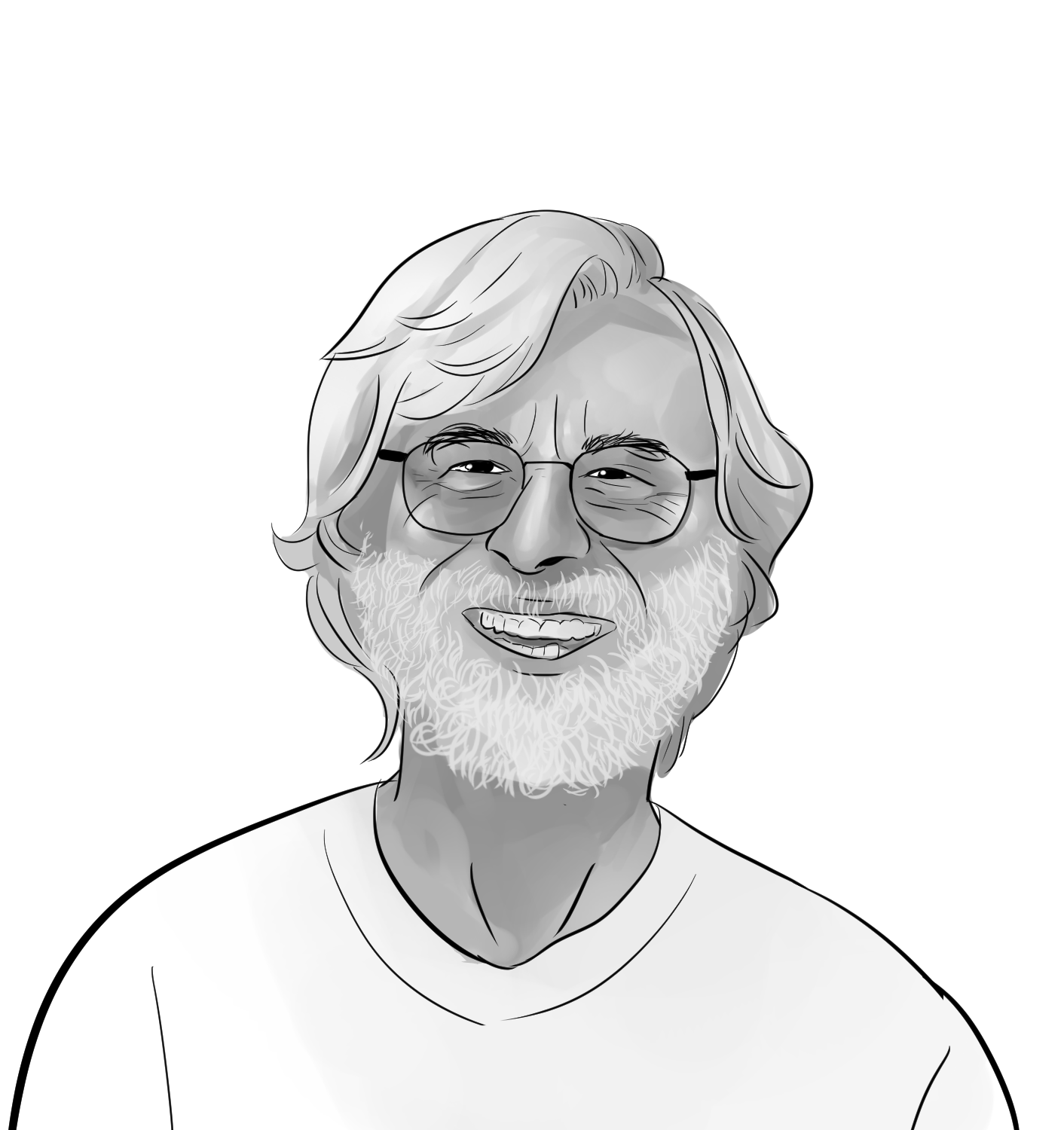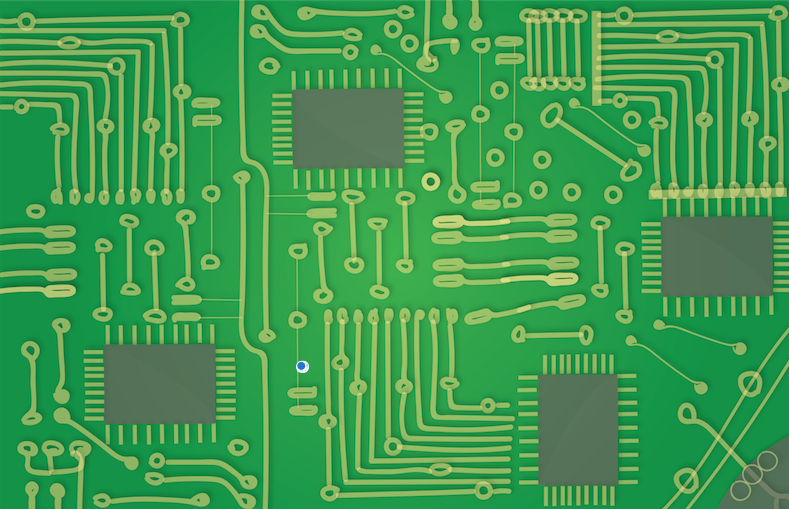Combining two fields can be met with great resistance, but when the combination of mathematics and computer programming solved a problem that has stumped experts for years, Leslie Lamport won the Turing Award and revolutionized a new form of programming.
The Turing award is an international recognition given annually to an individual who  has pioneered a new field of thought in the realm of computing in a technical nature. The award comes with financial incentive with $1 million dollars awarded to recipients, though the prize money is far less significant than the achievement. Previous recipients have developed cornerstones to our understanding of the computer sciences such as automatic coding, artificial intelligence, development of programming languages. Lamport received the award for “Time, Clocks, and the Ordering of Events in a Distributed System”, a paper that he authored way back in which extends computer science into new fields.
has pioneered a new field of thought in the realm of computing in a technical nature. The award comes with financial incentive with $1 million dollars awarded to recipients, though the prize money is far less significant than the achievement. Previous recipients have developed cornerstones to our understanding of the computer sciences such as automatic coding, artificial intelligence, development of programming languages. Lamport received the award for “Time, Clocks, and the Ordering of Events in a Distributed System”, a paper that he authored way back in which extends computer science into new fields.
Lamport is straightforward, but somewhat modest about his accomplishments. “Jim Grey, another Turing award recipient, commented that some people found [the paper] trivial and others found it brilliant,” Lamport says. “I can’t much argue with the first view and feel disinclined to argue with the latter.” The paper was a highly simplistic view at a new field in Computer Science, and allowed for more in depth views to extend on his work. Lamport discovered a method of formulating an ordering of processing events that is based on a clock that operates in ordering events only by sequence, and unlike clocks that we use in everyday life, not ordered by timestamp.
In an online lecture series, Lamport says says in reference to the award: “My most important contributions were not solutions, but recognizing important problems that had been obscured by details.”
The Turing Award is named after Alan Turing, who contributed greatly to a team that use primitive computer technology to solve Enigma, the Nazi communications code used in World War II. Turing is also an icon and hero in the gay community for being homosexual in an intolerant England. Lamport believes that more time should be spent learning lessons from Turing’s work as opposed to speculating about his sexuality. “There was a TV series about Turing as the main subject was Turing’s homosexuality instead of the contributions that he made to the field and the mark that he left on the world.”
Despite this, Lamport has no doubt that Turing’s work is one of the greatest, if not the greatest innovation in the history of computer science.“When you look at a Turing machine, it seems very simple, but it was a brilliant new way of viewing computation. So, in a similar but much less significant way, what I did was really simple, but on the other hand a completely new way of looking at something.”
The impact of Alan Turing’s work revolutionized our understanding of computer science. Lamport’s work allowed for new experimentation among programmers in ways that had never before been possible. Between the glamorous products of CEO’s and ambitious entrepreneurs that live here in the Silicon Valley, it is easy to forget the groundbreaking foundations that residents here for generations have been developing. Lamport is one of these gems and has truly made possible a great expansion into existing and future coding and programming methods.



